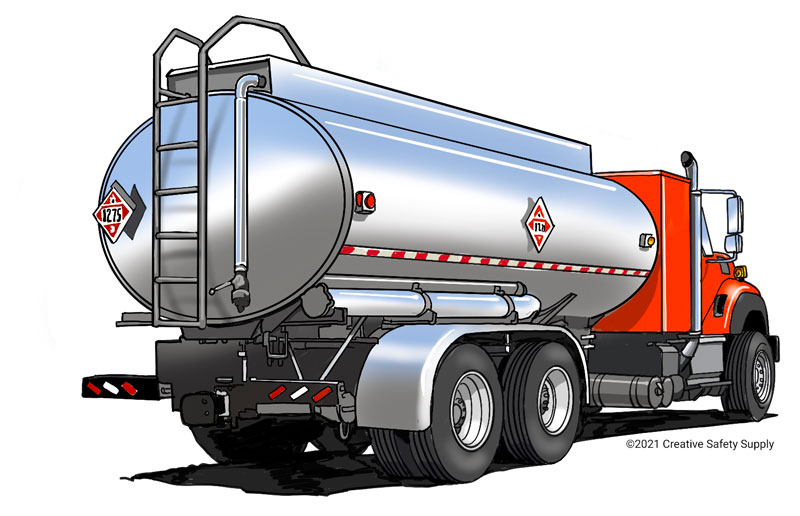
There is a list of fire safety regulations made by the National Fire Protection Agency (NFPA) that exist to maintain safe conditions in the workplace. These regulations make a point that prevention is the first step against accidents that may involve fires. If every regulation is upheld there is a significant decrease in risk of workplace accidents since they cover maintenance, design, installation, and general guidance on fire safety. The following below are a few examples of fire safety regulations.
 NFPA 30: This standard covers the hazards involved with handling combustible and flammable liquids. It provides required guidance on the safe storage, handling, and use of these kinds of materials. There are four ways to help those involved in storing these chemicals:
NFPA 30: This standard covers the hazards involved with handling combustible and flammable liquids. It provides required guidance on the safe storage, handling, and use of these kinds of materials. There are four ways to help those involved in storing these chemicals:
- Will the intermediate bulk container (IBC) storing or transporting the liquids enter a protected facility, or is it already in one? (Increased sprinkler systems?)
- What kinds of liquids will be stored? Class I, II, or III.
- What is the IBC material?
- Is that IBC appropriate for its storage?
NFPA 70: This standard is interchangeable with NEC (National Electrical Code). It has been adopted by all 50 states in some capacity to detail the requirements for designing and installing electrical systems. It covers electrical wiring, overcurrent protection, grounding, and the installation of equipment. Local building codes have NFPA 70 included in them most of the time; these are non-negotiable regulations.
NFPA 70B: This is a continuation of NFPA 70 that discusses the proper preventative maintenance for equipment, communication systems, and other kinds of machinery used in industrial, commercial, residential, and institutional buildings.
NFPA 70E: This is the third standard that completes the overarching NFPA standards regarding the installation, maintenance, and safety of electrical equipment. NFPA 70E takes care of employees by providing them with the best practices to keep them safe on the job. These are not an option to follow. In fact, there are only a few entities that are exempt from NFPA 70E regulations and those are:
- Vehicles
- Railway electrical systems that are used for communications and signaling as well as used for the operation of rolling stock or installations
- Communication equipment under communications utility control (located outside or in designated buildings)
- A few electrical installations that reside under the exclusive electric utility control
NFPA 72: This specific regulation determines the application, installation, performance, location, maintenance, and testing of fire alarm systems. Fire alarms are an important part of NFPA regulations as they do exactly what their name says; they alert those in the workplace that something has gone wrong and action needs to be taken to get away as well as to call emergency responders.
Similar Questions
- What fire safety equipment should I have in my facility?
- Are fire sprinklers required?
- What organization is involved with fire safety regulations?
- What are some examples of fire protection measures?
- Are fire alarms required by OSHA?
- What is fire protection?
- How many fire extinguishers should a workplace have?
- What are fire risks in a factory?
- What is a fire prevention system?

